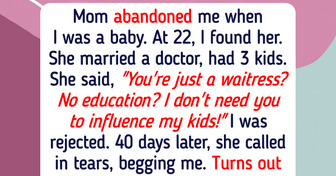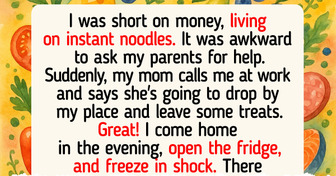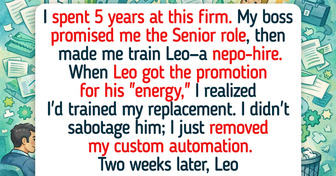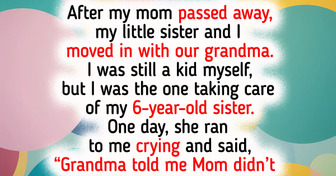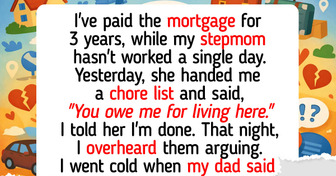10 People Who Discovered a Family Mystery That Rocked Their World


Most people follow social norms without ever questioning them. These invisible rules shape how we act, speak, and even feel. While some help maintain order, others quietly damage our mental health, self-worth, and happiness.
Especially for women balancing personal and professional roles, societal expectations often create emotional trauma disguised as “doing the right thing.” This article explores how subtle social pressures may be blocking your self-care and emotional well-being.

From a young age, many are taught that putting others first is a sign of goodness or maturity. Especially for women, selflessness is often praised, while prioritizing personal needs is seen as selfish. This subtle social conditioning discourages setting boundaries and encourages burnout, as people feel compelled to meet others’ needs at the cost of their own emotional well-being.
Societal expectations often glorify busyness as a badge of honor. If you’re not hustling, you’re falling behind—or so we’re told. This productivity obsession blurs the line between self-worth and output, leaving little room for rest, self-expression, or mental wellness.
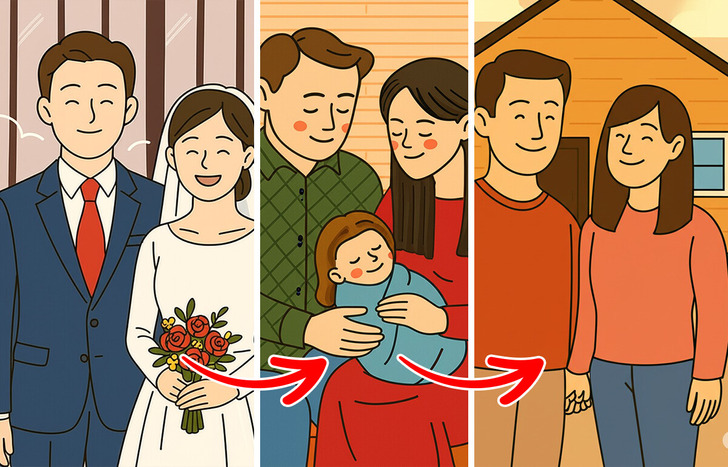
Graduating, marrying, buying a home, having children—these are treated as universal milestones. If your life doesn’t align with this timeline, you’re often made to feel like a failure. These expectations ignore personal growth and emotional well-being, fostering unnecessary anxiety and internalized norms.

Many cultures prize stoicism and emotional restraint. Admitting struggles is wrongly perceived as weakness. This norm promotes social conformity over emotional resilience, preventing people from seeking help when they truly need it.
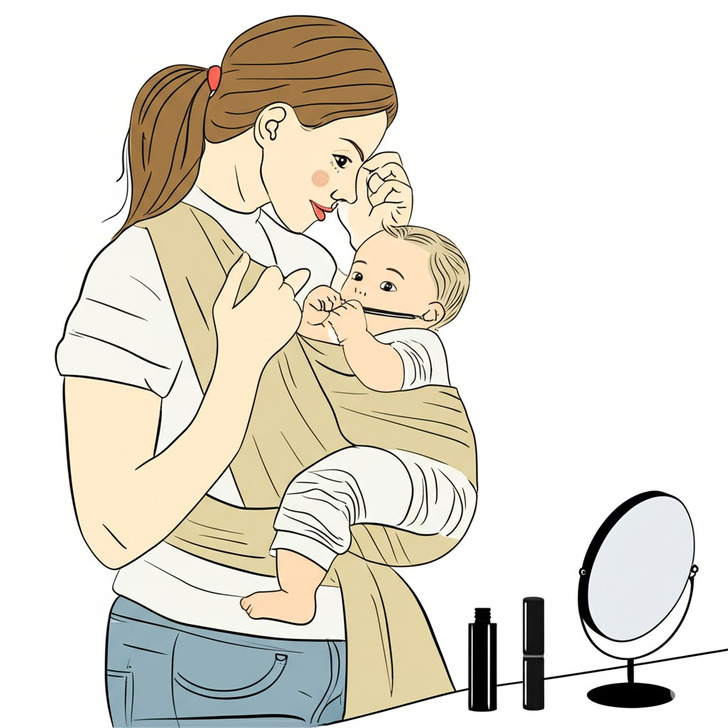
Taking time for oneself is often viewed through a lens of guilt—especially for women who are expected to be caregivers or multitaskers. Cultural expectations suggest that prioritizing mental health is indulgent rather than essential, stalling emotional and psychological health.
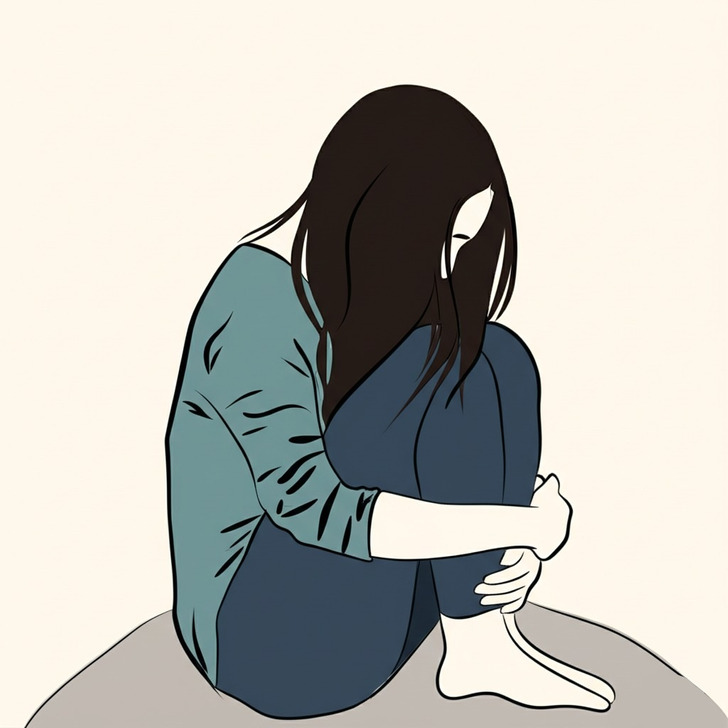
In many societies, humility is prized to the point of self-erasure. Expressing pride in achievements can be seen as arrogance. This norm dampens confidence and discourages the celebration of individual happiness.
Social media reinforces unspoken norms about beauty, success, and lifestyle. The need for external validation can fuel self-doubt, lead to comparison fatigue, and negatively impact psychological health—ultimately eroding authentic happiness.
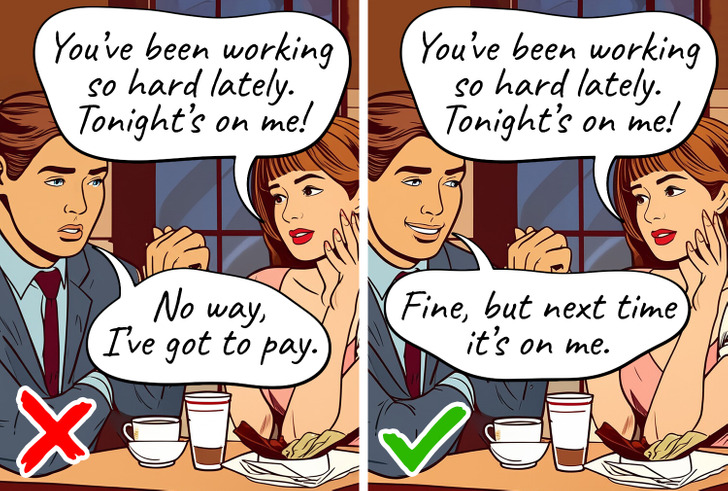
Many people find it difficult to accept kindness or generosity. Whether it’s someone offering to pay, help, or simply care, there’s often a reflexive discomfort rooted in fear of feeling indebted. This norm undermines emotional connection and makes self-care feel like a one-person job, limiting emotional resilience and genuine support.
Social norms are rarely questioned, yet their impact on mental health and emotional well-being is profound. Recognizing and releasing these silent expectations is the first step toward reclaiming your happiness. You deserve a life built on self-care, not societal pressure.
Curious how age affects our emotional sensitivity? Check out this article.


